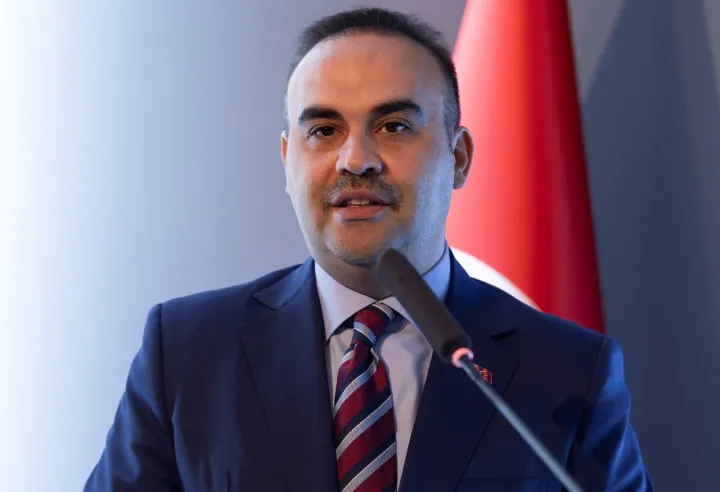Female candidates make up 12% of the aspirants in Tunisia's local and regional elections scheduled for December 24, 2023.
Farouk Bouasker, the president of Tunisia's Independent High Authority for Elections (ISIE), said in the capital Tunis on Monday that the female candidates' applications had been approved.
In the outgoing parliamentary administration, 25 out of 161 legislators (15.5%) were women.
Previously – between 2014 and 2018 – women lawmakers occupied 31% of the parliamentary seats in Tunisia, according to the World Bank.
President Kais Saied's administration abolished a quota system that was introduced in 2014 to boost women's representation in the legislature.
Political crisis
Saied announced on September 21 that this year's local and regional polls will take place on December 24.
According to the president's announcement, a second round of local elections will be held after the announcement of the results of the first round.
Analysts believe that local and regional elections will take place before President Saied appoints members to the second chamber of parliament, known as the National Council of Regions and Districts.
Tunisia has been in the throes of a deep political crisis that has aggravated the country's economic conditions since 2021 when Saied ousted the government and dissolved parliament.
Following the move, Saied managed to pass a new constitution in July 2022 through a referendum and held parliamentary elections in December of the same year, amid a boycott by most of Saied's opponents.
























